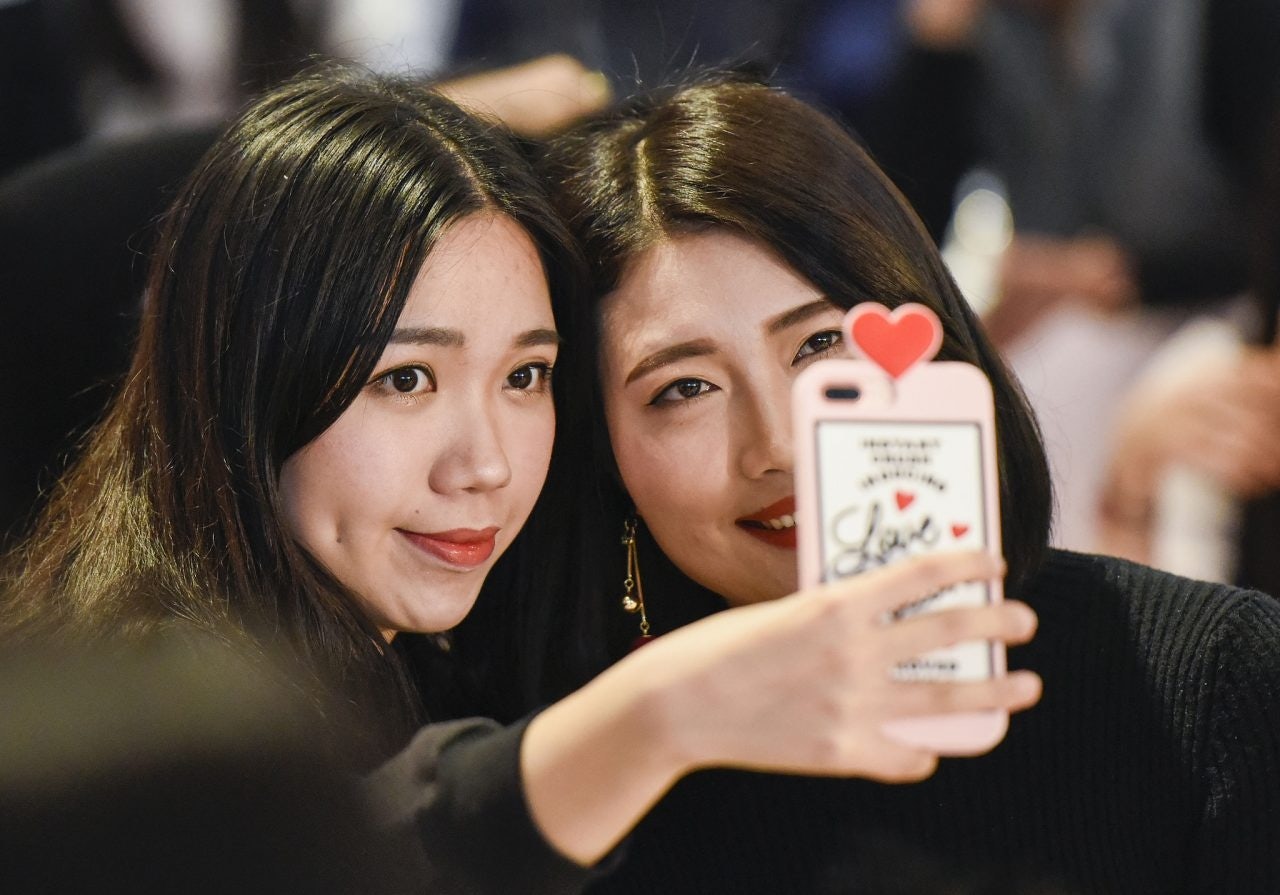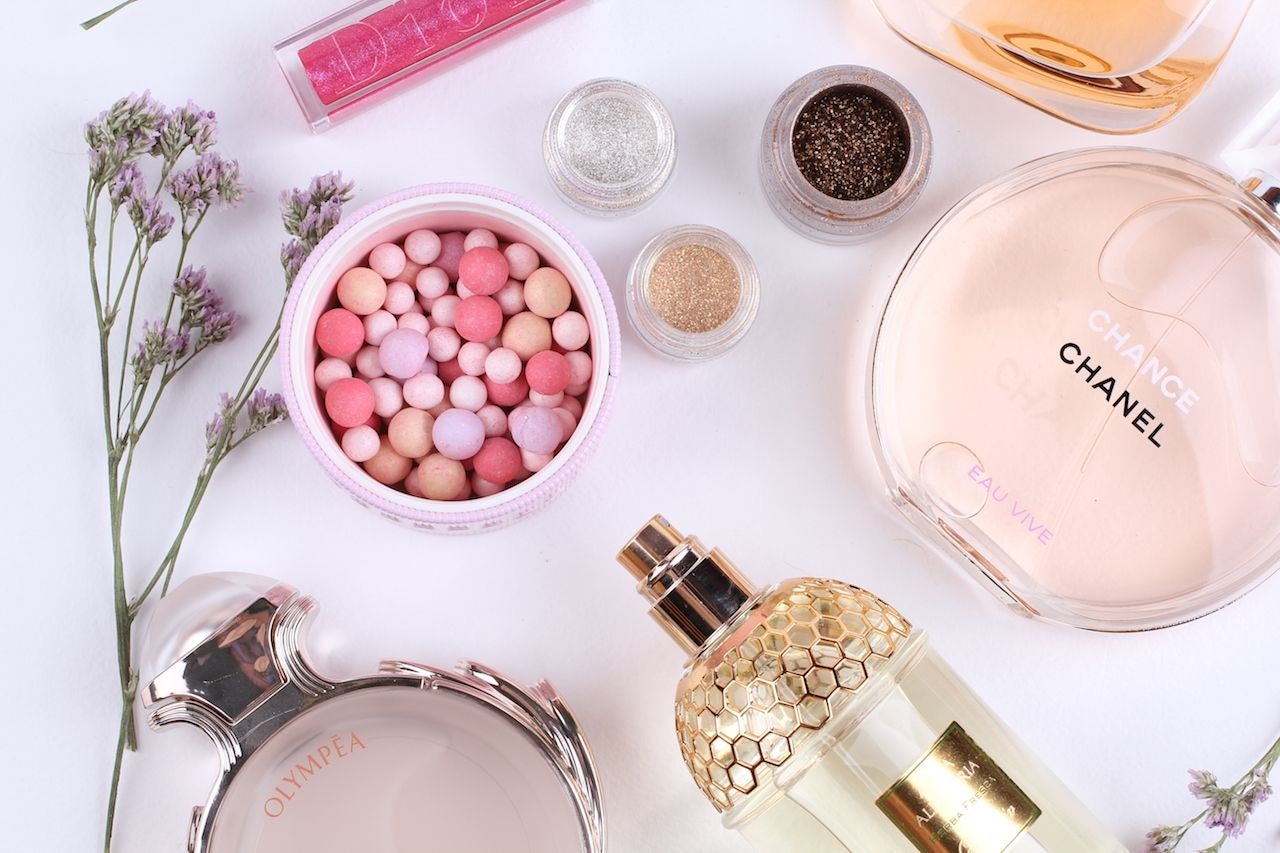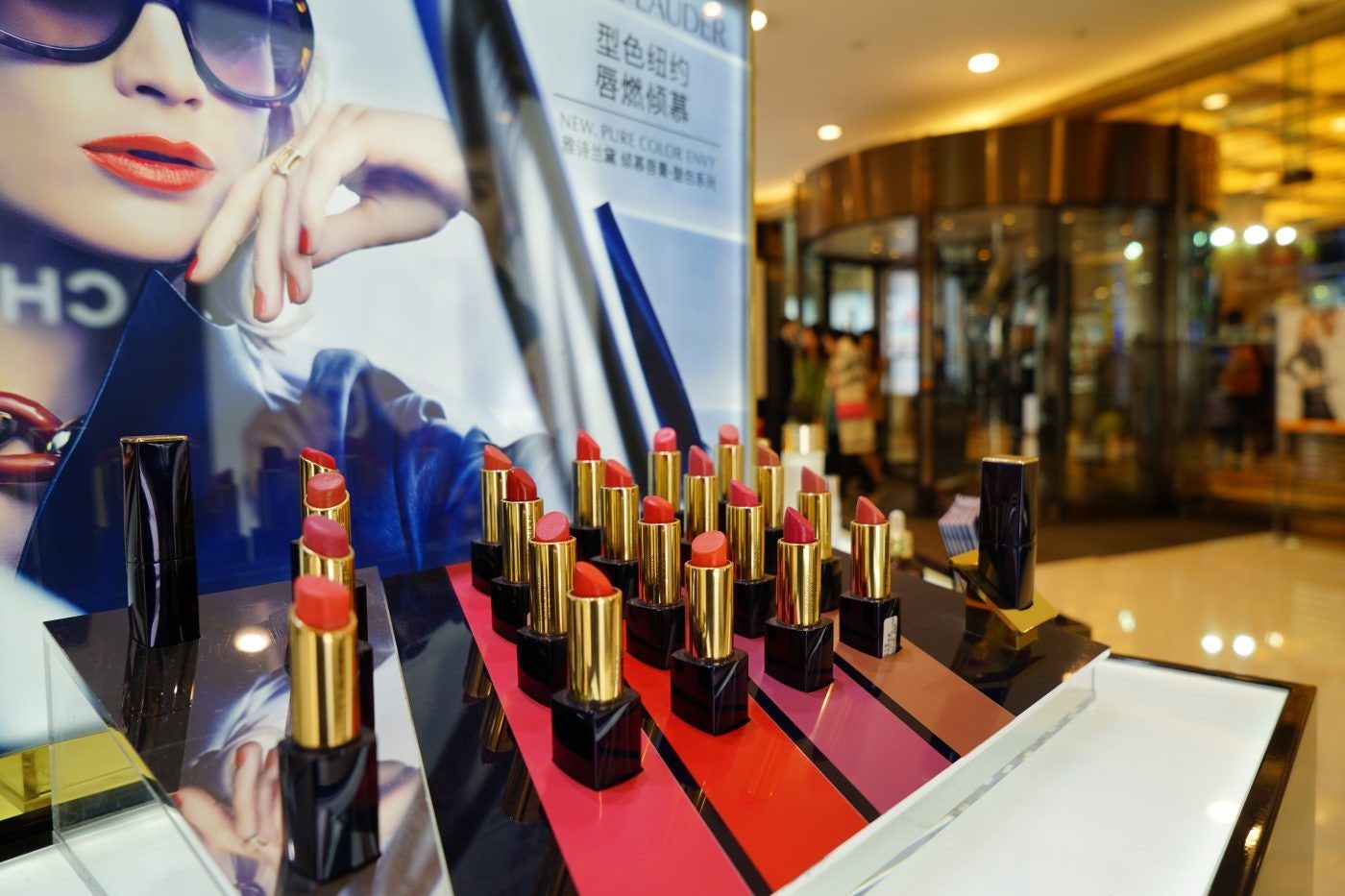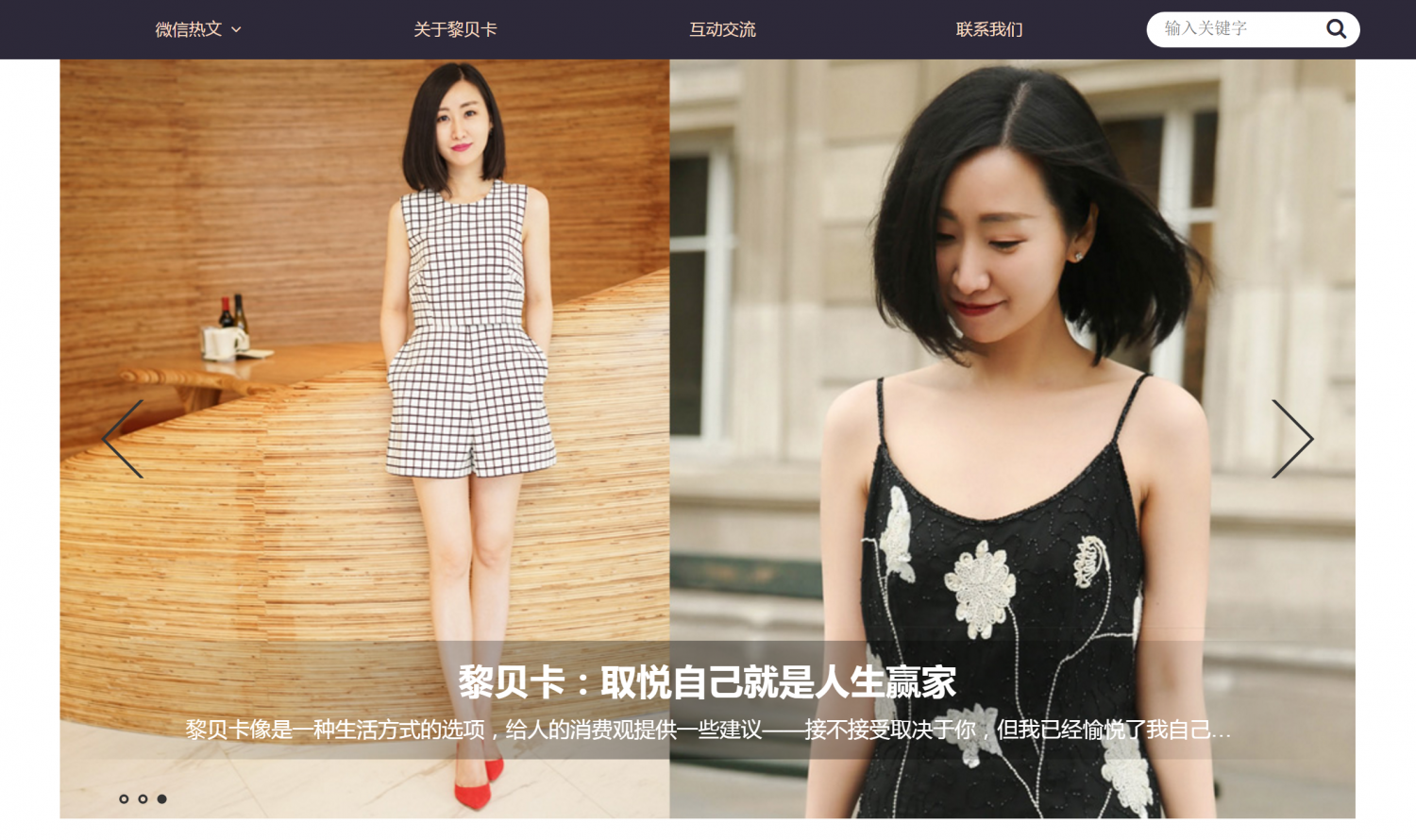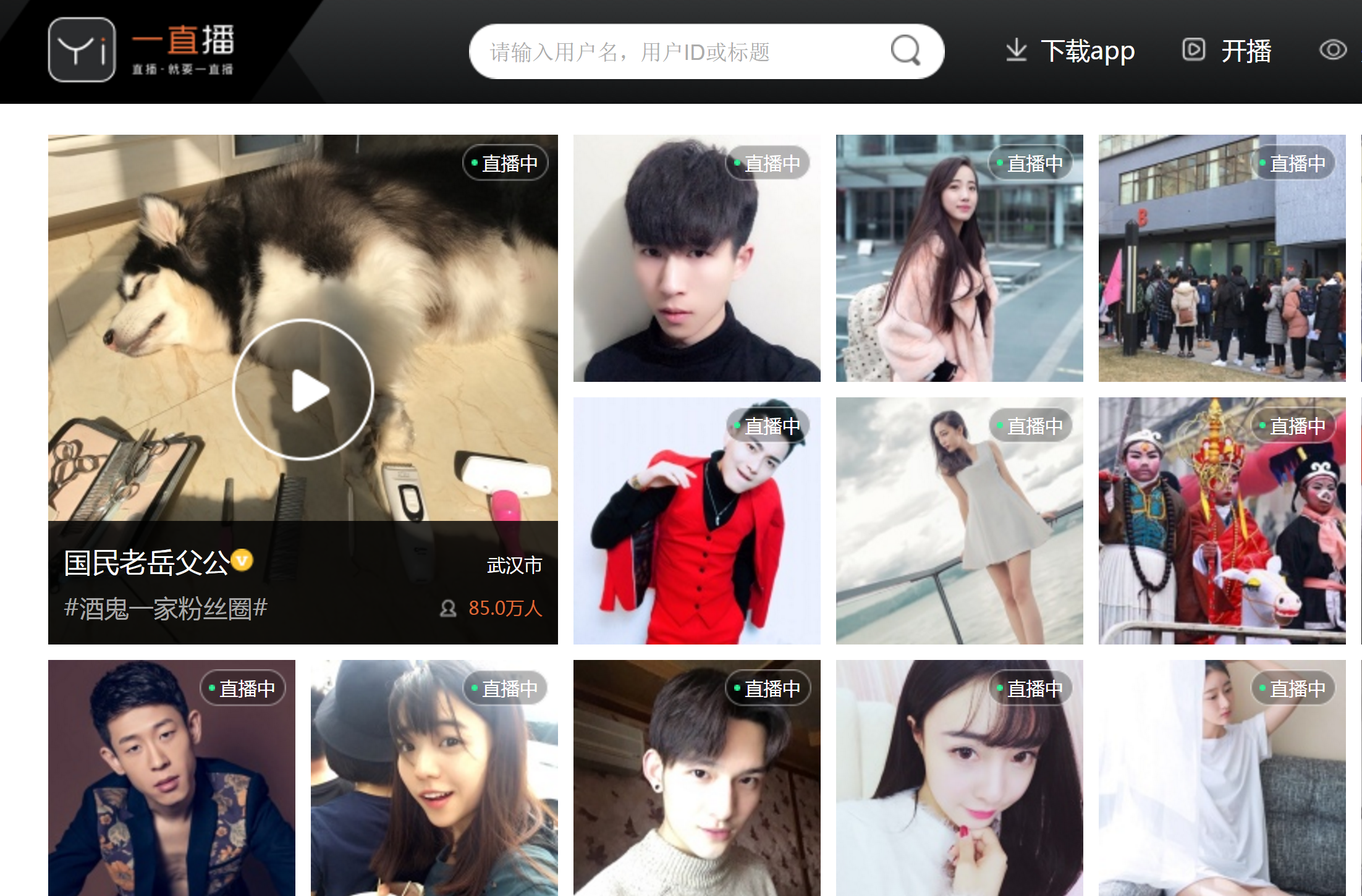The proliferation of social media and interactive smartphone-based apps has demonstrated that e-marketing is an irreversible trend. A 2016 McKinsey report shows that over 44 percent of all luxury goods sales are influenced by Internet research or online buzz. That means, even if not all social media users are buying, you want your brand followers and onlookers to talk about you on the Internet. In the case of China, the latest battlefield is beauty camera apps, which have become an overnight hit in the West.
1. MeituPic#
Social media addicts might remember this: sometime around January this year, our Twitter, Instagram, and Facebook feeds were bombarded with images of then-U.S. President-elect Donald Trump and Russian President Vladimir Putin with their eyes dewey and their skin pale and powder-puff pretty. Those exaggerated facial alterations — which some jokingly referred to as nightmares — were made possible by MeituPic 美图秀秀, a Chinese smartphone-based photo-editing app that allows users to tweak their selfies with Instagram-like filters, Snapchat-style stickers and facial feature enhancement tools.
Developed by the Xiamen-based Meitu Inc, Meitu Pic is the company’s flagship beauty camera app and was the first to become a big hit among Western users. Last December, Meitu Inc completed a 629 million IPO in Hong Kong. But it rose to widespread popularity back in 2008, soon after its launch that year when it captured the desire by China’s smartphone generation to look attractive online. The app has drawn some 456 million users, who use it to post more than 6 billion photos every month.
In addition to MeituPic, Meitu Inc has developed a series of beauty camera apps such as Beauty Plus, Poster Labs and Meipai, each specializing in facial feature enhancement, video editing and many other features.
Luxury brands have already cottoned to the potential of reaching out to young, affluent Chinese consumers who hope to express themselves through fashion and beauty camera apps such as MeituPic. Last November, Fendi partnered with Meitu Inc, which allowed its users to apply filters and stickers to their photos with fashion elements from Fendi’s Hypnoteyes Capsule Collection. The fun features attracted many well-known Chinese fashion bloggers such as Gogoboi to share their photos, further promoting both the brand and the apps.
2. Makeup Plus#
Makeup Plus 美妆相机 is developed by Meitu Inc, our first app on the list, but this app is worth mentioning separately as it represents the company’s latest move to integrate luxury goods branding into the everyday photo-editing experience.
Using Augmented Reality (AR) technology, Makeup Plus can accurately detect a user’s facial features and apply virtual makeup—eyeshadow, mascara products and even hair styles—to the user’s selfie. Take lipstick as an example. When users upload their selfies to Makeup Plus, they choose lip colors designed by different cosmetics brans such as YSL, Clinique and Dior and apply them to to their selfies in real time, with unique finishes such as "matte," "cream," "bitten" and "glossy." If a user likes it, they can buy the product with one simple click on their phone.
Some of the makeup options offered in the app are designed by well-known beauty bloggers including Pearypie and Nikkie as Makeup Plus is also trying to engage with consumers and luxury brands who closely follow or work with fashion KOLs.
While it is still too early to see statistics, the app is viewed as a hopeful advertising experiment to test whether Chinese beauty-conscious smartphone users with the means to try out their favorite brands virtually would be motivated to make purchases.
3. Pitu#
Tian Tian Pi Tu, 天天
P#
图 (which literally means “Photoshop Photos Every Day"), or simply Pitu in English, is a beauty app developed by China’s Internet giant Tencent. Similar to other photo-editing apps, Pitu offers a number of beautifying filters, blemish removing tools and virtual makeup options for users to choose from. Its AR technology helps the app to accurately apply fun stickers and makeup products to a user’s selfie.
Launched in 2014, Pitu has accumulated 106 million monthly active users (MAUs). While the number is not as impressive as that of Meitu’s apps, some argue that the user base of Tencent’s gaming products and chat applications, such as QQ and WeChat, gives Pitu great potential for further growth. According to Chinese app watchers, Pitu’s target audience is younger and more individualized than that of MeituPic. 80 percent of Pitu’s users are younger than 25, giving the app more room to try out more bold features.
In June 2017, Italian jewelry and luxury goods brand Bulgari partnered with Pitu to promote Serpenti, its latest hexagon sunglass series. Pitu users can easily try out the different colors of the luxurious sunglasses by applying the specially designed selfie-stickers that look just like products from the Serpenti series. Within three days of the campaign's debut, millions of users had tried the feature.
4. FaceU#
In contrast with most other beauty apps, FaceU, 激萌, focuses more on the social feature, encouraging users to video chat with friends and even strangers while playing with its fun stickers — and the strategy is undoubtedly working.
Launched in 2016, the app, which mainly targets female users between 15 and 35, has twice made it onto the Apple store's Chart for top apps. Having attracted over 250 million registered users by March 2017, the app, according to a report, enjoys the highest user stickiness among major camera apps. In the same month, FaceU completed its Series B financing with "tens of millions of dollars" in investment led by Meitu Inc.
Earlier this year, luxury brand Michael Kors launched a social media campaign on WeChat in collaboration with FaceU to promote its “Mercer” leather handbag and “Love” sweater in the Chinese market. Users can apply a special sticker to their selfies, upload the Michael Kors-themed short videos to social media channels and enter a chance to win a handbag or a bottle of the brand's perfume.
5. Camera360#
Camera360, one of China’s earliest smartphone-based photo-editing apps, is owned by a Chengdu-based company called Pinguo Technology. According to the company, Camera360, its flagship product, has over 200 million users worldwide who produce millions of photographs, on average, per day.
There are more than 200 filters available on Camera360, where users can also add live face effects and stickers to their photos. Many celebrities and Western companies have chosen to work with Camera360 to promote their shows and movies in the Chinese market.
Last year when Steven Spielberg's adaptation of Roald Dahl's children's book The BFG was released in China, the producers launched a promotional campaign in collaboration with Camera360. With the built-in AR technology on the app, users can scan movie posters at different locations and were given a chance to win The BFG-themed products.
